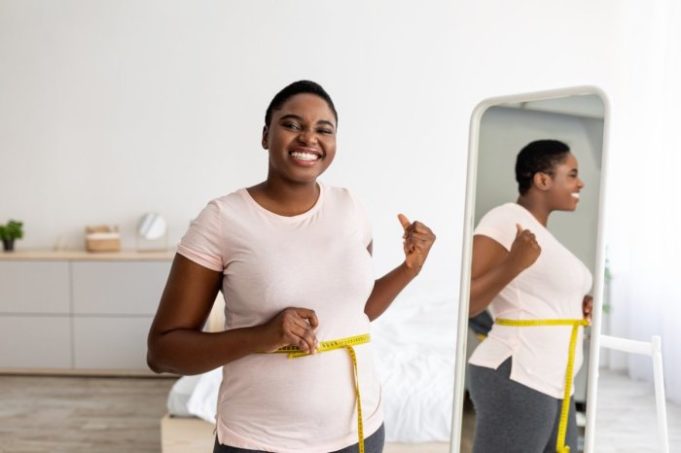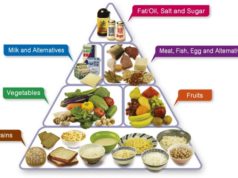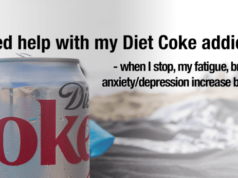How to lose weight without exercise and diet? It sounds too good to be true, right? But the truth is, there are ways to shed pounds without hitting the gym or drastically changing your eating habits. While exercise and a balanced diet are crucial for overall health and well-being, focusing on lifestyle modifications, mindful eating, and addressing underlying issues can lead to sustainable weight loss.
This guide will delve into a holistic approach to weight management, exploring strategies that go beyond the traditional exercise and diet paradigm. We’ll uncover the power of sleep, stress management, and hydration, while exploring the nuances of mindful eating and identifying emotional eating triggers.
Prepare to learn about the science behind weight loss, the importance of seeking professional guidance, and real-life examples of individuals who have achieved success through these alternative methods.
Lifestyle Modifications for Weight Loss
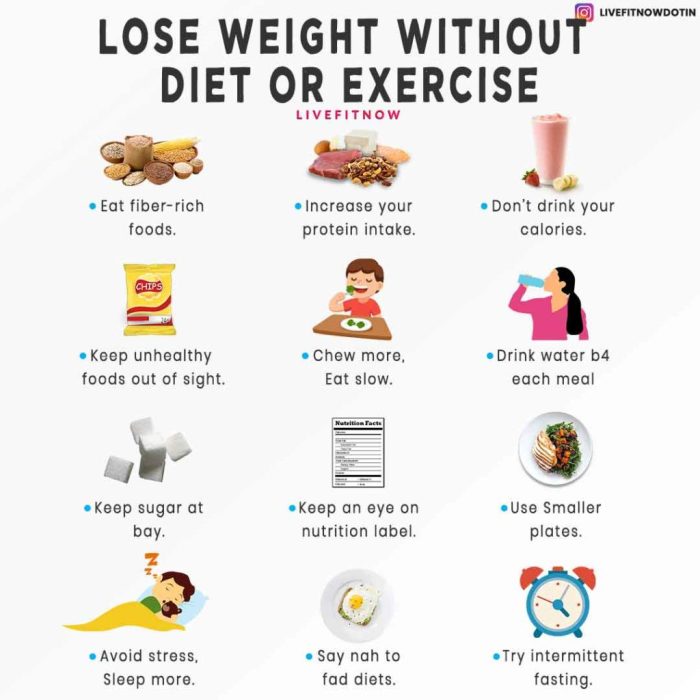
Lifestyle modifications play a crucial role in achieving sustainable weight loss. By adopting healthy habits, you can create a supportive environment for your body to shed excess weight and maintain a healthy weight in the long term. These changes go beyond just diet and exercise and encompass various aspects of your daily life.
Improving Sleep Quality and its Impact on Weight
Getting enough quality sleep is essential for weight management. When you are sleep-deprived, your body produces more of the hunger hormone ghrelin and less of the satiety hormone leptin. This hormonal imbalance can lead to increased appetite and cravings, making it harder to control your food intake.
Additionally, lack of sleep can disrupt your metabolism, making it more difficult to burn calories.
- Establish a regular sleep schedule:Go to bed and wake up around the same time each day, even on weekends, to regulate your body’s natural sleep-wake cycle.
- Create a relaxing bedtime routine:Wind down an hour or two before bed by engaging in calming activities like taking a warm bath, reading a book, or listening to soothing music.
- Optimize your sleep environment:Ensure your bedroom is dark, quiet, and cool. Consider using blackout curtains, earplugs, or a white noise machine to minimize distractions.
- Avoid caffeine and alcohol before bed:These substances can interfere with your sleep cycle and make it harder to fall asleep.
- Get regular exercise:Physical activity can improve sleep quality, but avoid exercising too close to bedtime.
Managing Stress and its Connection to Weight Gain
Stress can lead to weight gain in several ways. When you are stressed, your body releases cortisol, a hormone that increases appetite and promotes fat storage, particularly in the abdominal area. Stress can also lead to emotional eating, where you turn to food for comfort or to cope with difficult emotions.
- Practice stress-reducing techniques:Engage in activities that help you relax and manage stress, such as yoga, meditation, deep breathing exercises, or spending time in nature.
- Seek social support:Connect with friends and family, or join a support group to share your feelings and receive encouragement.
- Prioritize self-care:Make time for activities that you enjoy and that help you recharge, such as hobbies, spending time with loved ones, or getting a massage.
- Limit exposure to stressors:Identify and minimize exposure to stressors that you can control, such as excessive work demands or toxic relationships.
The Importance of Hydration and its Role in Weight Loss
Staying hydrated is crucial for weight loss. Water plays a vital role in many bodily functions, including metabolism, digestion, and appetite regulation. Drinking enough water can help you feel fuller for longer, reducing your overall calorie intake. It can also boost your metabolism and help your body burn more calories.
- Drink water throughout the day:Aim for at least eight glasses of water per day, or more if you are physically active or live in a hot climate.
- Carry a water bottle with you:This will make it easier to stay hydrated on the go.
- Drink water before meals:This can help you feel fuller and eat less.
- Choose water over sugary drinks:Sodas, juices, and sweetened beverages are high in calories and can contribute to weight gain.
Behavioral Changes for Sustainable Weight Loss: How To Lose Weight Without Exercise And Diet
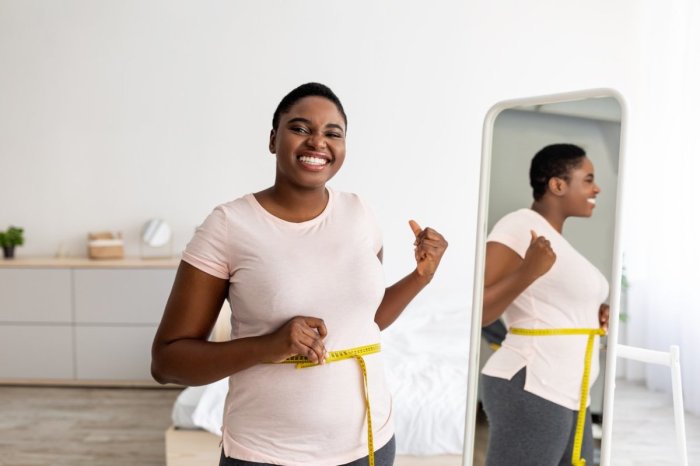
Making sustainable lifestyle changes is key to achieving and maintaining a healthy weight. These changes go beyond diet and exercise and involve addressing emotional and social aspects of your relationship with food.
Identifying and Overcoming Emotional Eating Triggers
Understanding the triggers that lead to emotional eating is crucial for breaking the cycle. Emotional eating is often a coping mechanism for stress, boredom, sadness, or loneliness. Recognizing these triggers allows you to develop healthier strategies for managing emotions.
- Keep a Food Journal:Track your food intake, emotions, and situations leading to overeating. This helps identify patterns and common triggers.
- Challenge Negative Thoughts:Identify and challenge negative thoughts that trigger emotional eating. Replace them with positive affirmations or engage in activities that uplift your mood.
- Develop Alternative Coping Mechanisms:Instead of reaching for food, find healthy ways to manage stress, such as exercise, meditation, spending time with loved ones, or engaging in hobbies.
Building a Support System for Weight Loss, How to lose weight without exercise and diet
Having a support system can significantly increase your chances of success. Surround yourself with people who encourage and motivate you on your weight loss journey.
- Join a Support Group:Connect with others who share similar goals and challenges. This provides a sense of community and shared experiences.
- Seek Professional Guidance:Consider working with a therapist, nutritionist, or weight loss counselor. These professionals can provide personalized support and strategies.
- Share Your Goals with Loved Ones:Inform your family and friends about your weight loss goals. Their understanding and support can make a difference.
Setting Realistic Weight Loss Goals
Setting realistic and achievable goals is essential for long-term success. Avoid drastic changes that are difficult to sustain.
- Start Small:Set small, achievable goals that you can gradually build upon. For example, aim to reduce your daily calorie intake by 200-500 calories or increase your physical activity by 30 minutes a week.
- Focus on Lifestyle Changes:Aim for gradual and sustainable changes to your eating habits and physical activity levels. This is more likely to lead to long-term success than quick fixes.
- Celebrate Milestones:Acknowledge your progress and celebrate your achievements. This reinforces positive behavior and keeps you motivated.
Ending Remarks
Losing weight without exercise and diet isn’t a magic bullet, but it’s a viable approach for many individuals. By understanding the fundamentals of weight loss, adopting healthy habits, and addressing underlying factors, you can embark on a journey toward a healthier, more fulfilling life.
Remember, consistency is key. Start with small changes, build a support system, and celebrate your progress along the way. And always consult with a healthcare professional for personalized advice and guidance.
FAQ Resource
Can I lose weight without exercise?
While exercise is beneficial for overall health and can contribute to weight loss, it’s not the only factor. Lifestyle changes, mindful eating, and addressing underlying health conditions can also play a significant role.
What are some common misconceptions about weight loss without exercise and diet?
One common misconception is that weight loss without exercise and diet is a quick fix. It requires commitment, patience, and a holistic approach.
How long does it take to lose weight without exercise and diet?
There’s no one-size-fits-all answer. It depends on individual factors like metabolism, starting weight, and lifestyle choices. It’s important to set realistic goals and focus on gradual, sustainable progress.
Is it safe to lose weight without exercise and diet?
It’s generally safe, but it’s essential to consult with a healthcare professional to ensure you’re following a healthy and appropriate approach for your individual needs.















